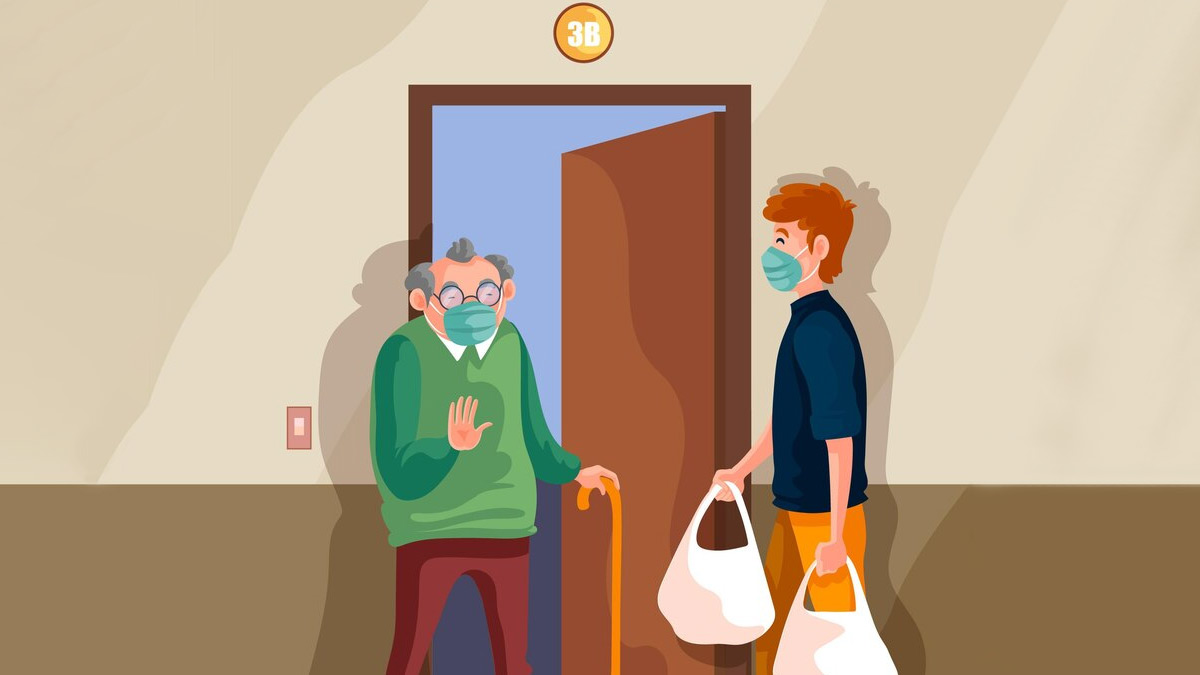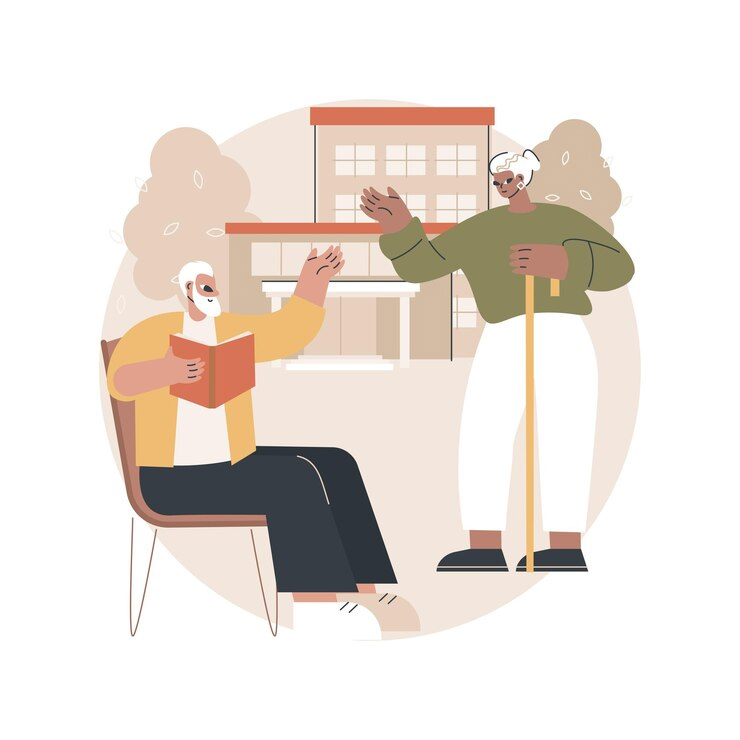
The golden years of life, often heralded as a time of reflection and serenity, can paradoxically become a period of increasing isolation for many senior citizens. Social isolation among older adults is a pressing concern that not only impacts their immediate well-being but is also intricately linked to the development and progression of Alzheimer's disease.
Table of Content:-
The Loneliness Epidemic
“Loneliness and social isolation have reached frightening proportions. Senior citizens, who have acquired a lifetime of experiences and wisdom, deal with stillness and silence that frequently come with ageing,” said Dr Shabnam Mir, Consultant Physician and Head clinical operations, Antara.
“There could be numerous reasons and circumstances for increasing social isolation, including the loss of loved ones, lack of a strong social network, or physical constraints,” he added.
Also read: 4 Simple Tips for Women to Prevent Alzheimer's Disease
According to a WHO report on the Demographic Change and Healthy Ageing Unit, one in every three older people is lonely in most countries. Loneliness and isolation can impact a person’s life, significantly increasing the risk of premature death. It also increases the risk of dementia by about 50%, up the risk of stroke and heart disease by 32% and 29%, respectively. It poses significant health risks, equivalent to well-known factors like smoking, a sedentary lifestyle, obesity, and high blood pressure, leading to increased morbidity and mortality.

Increased Risk of Alzheimer’s
There is a substantial link between social isolation, loneliness, and Alzheimer’s disease. Loneliness appears to have concrete implications for brain health, rather than just being an emotional burden. Seniors who are socially isolated are more likely to develop Alzheimer’s and other forms of dementia. “Individuals frequently face higher stress and decreased mental stimulation, and chronic stress can cause brain inflammation, which has been linked to the development of Alzheimer's disease. Furthermore, a lack of social interaction deprives the brain of necessary cognitive exercises, hastening cognitive deterioration,” said Rohit Khatua, Executive Vice President and Head Marketing and Communications, Antara Senior Care.
Also read: Drug For Alzheimer's Disease Found Without Inflammatory Side Effects
Breaking the Cycle
Understanding the dangerous connection between social isolation and Alzheimer's disease emphasises the importance of tackling this issue among the elderly. According to Dr Mir, some ways we can break the cycle of social isolation:
- Community Engagement: Encourage seniors to participate in community events and senior centres to develop connections and social bonds. These centres frequently provide a variety of programmes and events that cater to the interests and abilities of older persons.
- Technology Education: In today's connected society, bridging the digital divide among seniors is critical. By providing seniors with digital instruction and access to devices, they can electronically communicate with loved ones, reducing social isolation.
- Mental Health Support: Recognising and resolving senior mental health issues is critical. Loneliness and depression can be alleviated by having access to mental health resources, support groups and counselling.
- Integrated Programs: Creating mentorship and volunteer programs that allow seniors to meet younger generations can create a sense of purpose and connection.

“Social isolation among senior persons is a serious problem that extends far beyond emotional distress. It is inextricably related to the onset and progression of Alzheimer's disease, as well as other negative health outcomes. As we work to improve the quality of life for our ageing population, eliminating social isolation becomes a top priority,” concluded Mr Khatua, adding, we can reduce the risk of Alzheimer's disease and build a more vibrant and connected future for our elderly folks by encouraging social participation, boosting mental well-being, and adopting innovative solutions.
Also watch this video
How we keep this article up to date:
We work with experts and keep a close eye on the latest in health and wellness. Whenever there is a new research or helpful information, we update our articles with accurate and useful advice.
Current Version